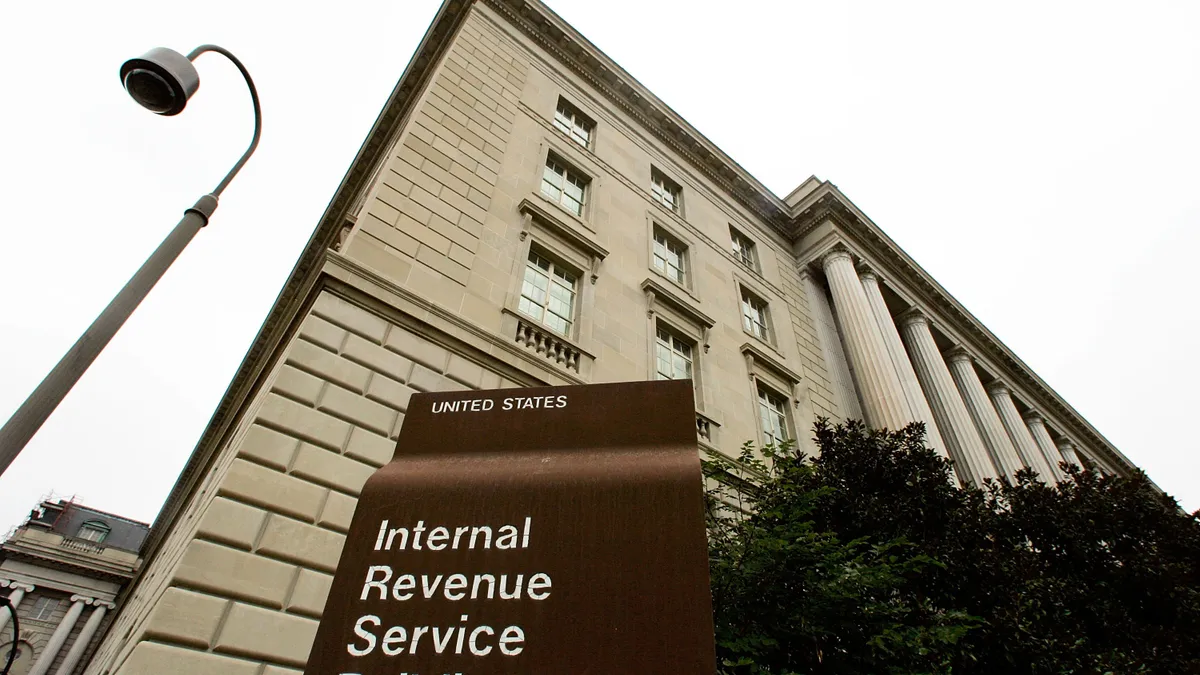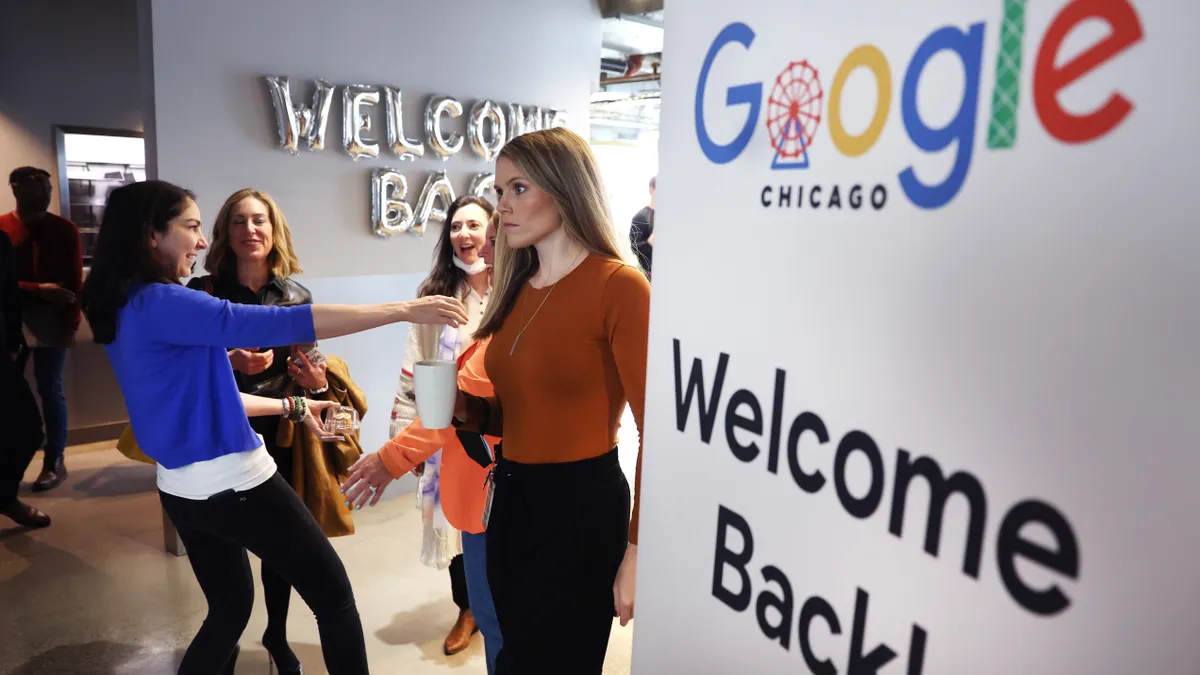Dive Brief:
- A group of women leaders are proving, through a variety of artificial intelligence (AI) applications, that "human and machine collaboration can truly help improve how people work," according to IBM. The company announced its 2020 IBM Women Leaders in AI honorees May 6 at its Think Digital conference. The list recognized 35 business leaders from 12 countries who are using AI to drive transformation and growth benefiting their company, customers and employees, according to IBM.
- The U.S. companies represented on the list include: ADP; AT&T; Best Western Hotels and Resorts; Defense Counterintelligence and Security Agency; Dillard's; KPMG LLP; National Institute of Standards and Technology; PayPal; Regions Bank; The Boeing Company; and The Hartford. The annual recognition also creates a peer network to discover ways to use AI to solve business challenges.
- To supplement the data science skill shortage, the women leaders are leveraging AI tools, according to IBM. "From understanding and deriving insights from tens of millions of financial documents, to improving new employee onboarding experiences, to helping women have a better experience buying intimate apparel, these women leaders are shaping innovative AI use cases," the company said in a statement.
Dive Insight:
As companies incorporate AI into business operations, there are still concerns about skills gaps and trust in the technology, according to research.
A recent IBM global AI survey found that 34% of businesses surveyed across the U.S., Europe and China have adopted AI. However, 37% of leaders cited the skills gap — lack of AI skills and expertise — as a significant roadblock to broad business deployment, according to IBM. Trust is also an issue. Globally, 78% of respondents said it's very or critically important that they can trust that the technology's output is reliable, safe and fair.
Reskilling will become crucial in the workplace as automation and AI replace and create jobs, according to a 2019 McKinsey Global Institute report. Researchers estimated the growing technologies may cause between 40 million and 160 million women to need to transition to positions requiring higher-level skills by 2030. The researchers recommend that stakeholders invest in training programs; increase women's access to technology as well as leadership roles in tech jobs; and assist women in balancing paid and unpaid work and increase their mobility.
Gender diversity is also an area of concern for women working in the AI field, according to IBM's Global Women in AI study, released May 6. IBM and Morning Consult conducted a global study of more than 3,200 AI professionals. The majority of respondents believe the industry has become more diverse. However, among those who believe the industry has not improved in diversity, 74% said diversity is a must for a company to reach its potential.
Women respondents in the survey were almost five times as likely as men to say their career advancement was negatively impacted by their gender, Ritika Gunnar, Vice President, Data and AI Expert Labs and Learning at IBM, wrote in a blog post May 6. The study "also shows that men working in AI were likely to have become interested in their career path earlier than their female colleagues," Gunnar wrote. "While women working in AI were as likely as the men to have been interested in math and hard sciences growing up, the men were more likely to have been told they had a natural talent for these subjects."
Melinda Gates' company, Pivotal Ventures, and several social organizations are looking to engage women as college students in STEM to create a leadership pipeline in tech jobs. Pivot Ventures announced in January a $50 million investment in the initiate Gender Equality in Tech Cities, which will also engage employees, founders and investors in city-based tech hubs nationwide.














